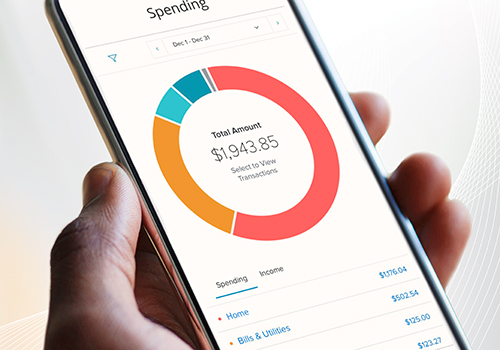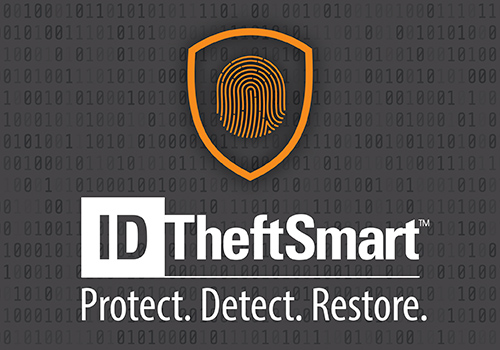How Much Life Insurance Do I Need?

The most common reason for purchasing life insurance is to provide a source of income if you are not there to provide for the financial needs of your family. The amount of replacement income they would need if you were gone and the number of years for which they would need that income are the determining factors when this is your purpose for having life insurance. Let’s assume you want to provide $30,000 of annual income to your family for a period of 25 years. How much would you need? Let’s assume a 6% return on the insurance proceeds after your death. A death benefit of about $383,500 could provide income of $30,000 annually for 25 years. What if you want that income to increase annually to keep up with inflation? Increase the amount of insurance you purchase.
Perhaps the most difficult part of buying life insurance is determining how much of your current income your family would need if you were gone. Would they need less because there would be one less family member or because you have some expensive hobbies that would not continue? Or would they need more because they would have extra expenses without you, such as hiring someone to take care of the “chores” you handle now? Should your spouse receive enough to be able to continue to save for retirement? It can be helpful to make a list of added expenses that would be no longer necessary if you were gone. Is there a net increase or decrease in family expenses? Once you have calculated the amount your survivors will need, you need to project how long the need will continue. Children do grow up and become self-sufficient, and your spouse’s need for income may be less when the children are educated and gone. Generally, as we age our need for income replacement life insurance declines.
Thus far we have been looking at life insurance to provide an income stream. There are additional uses for life insurance that may increase the amount you need. One of these is debt reduction. If your debt is significant, you may want to have enough life insurance to repay the debt without requiring survivors to liquidate assets. If you are a small business owner, creditors may insist that you maintain life insurance for this purpose. A business owner may also need life insurance as part of a buy-sell agreement. A life insurance death benefit can provide cash to enable a partner or associate to continue to operate the business by purchasing it from your heirs. If that partner is one of your children, this mechanism may also help to keep peace in the family by allowing him or her to keep the business, while other children receive cash from the life insurance.
Estate and inheritance taxes can also create a need for life insurance. Particularly if your estate is large enough to be subject to federal estate tax, your heirs may have to sell assets in order to pay the tax. Life insurance, especially life insurance owned by a special type of trust, can provide the cash required to pay the tax, thus leaving assets such as real estate or an investment portfolio intact for your family.
One more use of life insurance is to provide a legacy. Some people, who no longer need it as a means to provide essential support to their families or to meet other obligations, prefer to maintain life insurance as an inheritance for children or grandchildren. Some interested in creating a charitable legacy may name a favorite charity as a beneficiary of life insurance and establish an endowment that is funded at their death by the payment of life insurance proceeds.
The amount of life insurance you need depends upon what you wish to accomplish. Is your goal income replacement, debt reduction, business continuation, estate and inheritance tax payment, creation of a legacy for family members or charity, or some combination of these? our goals will determine the amount of life insurance you need. You may wish to consult your financial advisor for help in calculating the right amount for you. Then speak with one of our BankWest Insurance Agents about the right policy for your needs.
Insurance products are not deposits, not FDIC insured, not insured by any federal agency, not guaranteed by any bank, and may go down in value. This institution is an equal opportunity provider.







